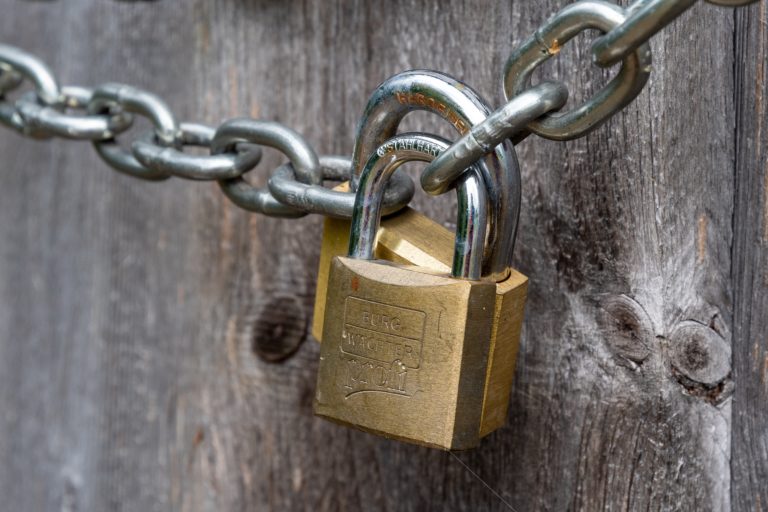
What are Digital Assets in an Estate?
Planning for what would happen to our intangible, digital assets in the event of incapacity or death is now as important as planning for traditional assets, like real property, IRAs, and investment accounts. How to accomplish estate planning for digital assets is explained in the article, aptly named, “Estate planning for your digital assets” from the Baltimore Business Journal.
Digital asset is the term used to describe all electronically stored information and online accounts. Some digital assets have monetary value, like cryptocurrency and accounts with gaming or gambling winnings, and some may be transferrable to heirs. These include bank accounts, domains, event tickets, airline miles, etc.
Ownership issues are part of the confusion about digital assets. Your social media accounts, family photos, emails and even business records, may be on platforms where the content itself is considered to belong to you, but the platform strictly controls access and may not permit anyone but the original owner to gain control.
Until recently, there was little legal guidance in managing a person digital files and accounts in the event of incapacity and death. Accessing accounts, managing contents and understanding the owner, user and licensing agreements have become complex issues.
In 2014, the Uniform Law Commission proposed the Uniform Fiduciary Access to Digital Assets Act (UFADAA) to provide fiduciaries with some clarity and direction. The law, which was revised in 2015 and is now referred to as RUFADAA (Revised UFADAA) was created as a guideline for states and almost every state has adopted these laws, providing estate planning attorneys with the legal guidelines to help create a digital estate plan.
A digital estate plan starts with considering how many digital accounts you actually own—everything from online banking, music files, books, businesses, emails, apps, utility and bill payment programs. What would happen if you were incapacitated? Would a trusted person have the credentials and technical knowledge to access and manage your digital accounts? What would you want them to do with them? In case of your demise, who would you want to have ownership or access to your digital assets?
Once you have created a comprehensive list of all of your assets—digital and otherwise—an estate planning attorney will be able to update your estate planning documents to include your digital assets. You may need only a will, or you may need any of the many planning tools and strategies available, depending upon the type, location and value of your assets.
Not having a digital asset estate plan leaves your estate vulnerable to many problems, including costs. Identity theft against deceased people is rampant, once their death is noted online. The ability to pay bills to keep a household running may take hours of detective work on your surviving spouse’s part. If your executor doesn’t know about accounts with automatic payments, your estate could give up hundreds or thousands in charges without anyone’s knowledge.
There are more complex digital assets, including cryptocurrency and NFTs (Non-Fungible Tokens) with values from a few hundred dollars to millions of dollars. The rules on the valuation, sale and transfers of these assets are as yet largely undefined. There are also many reports of people who lose large sums because of a lack of planning for these assets.
Speak with your estate planning attorney about your state’s laws concerning digital assets and protect them with an estate plan that includes this new asset class.
Reference: Baltimore Business Journal (Sep. 16, 2021) “Estate planning for your digital assets”


